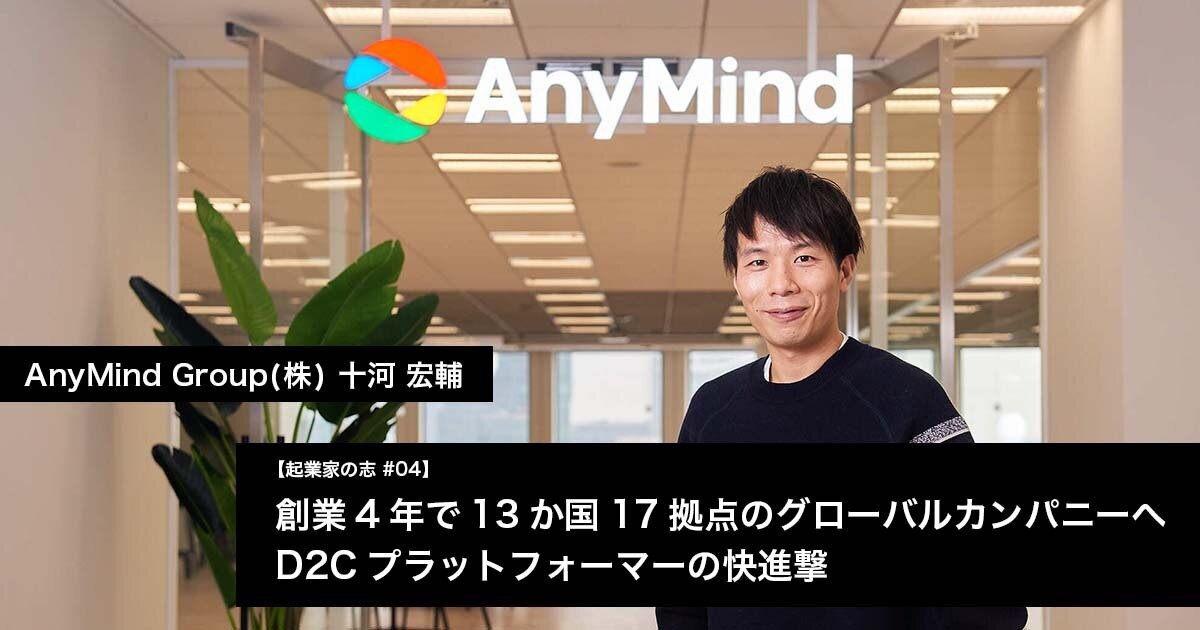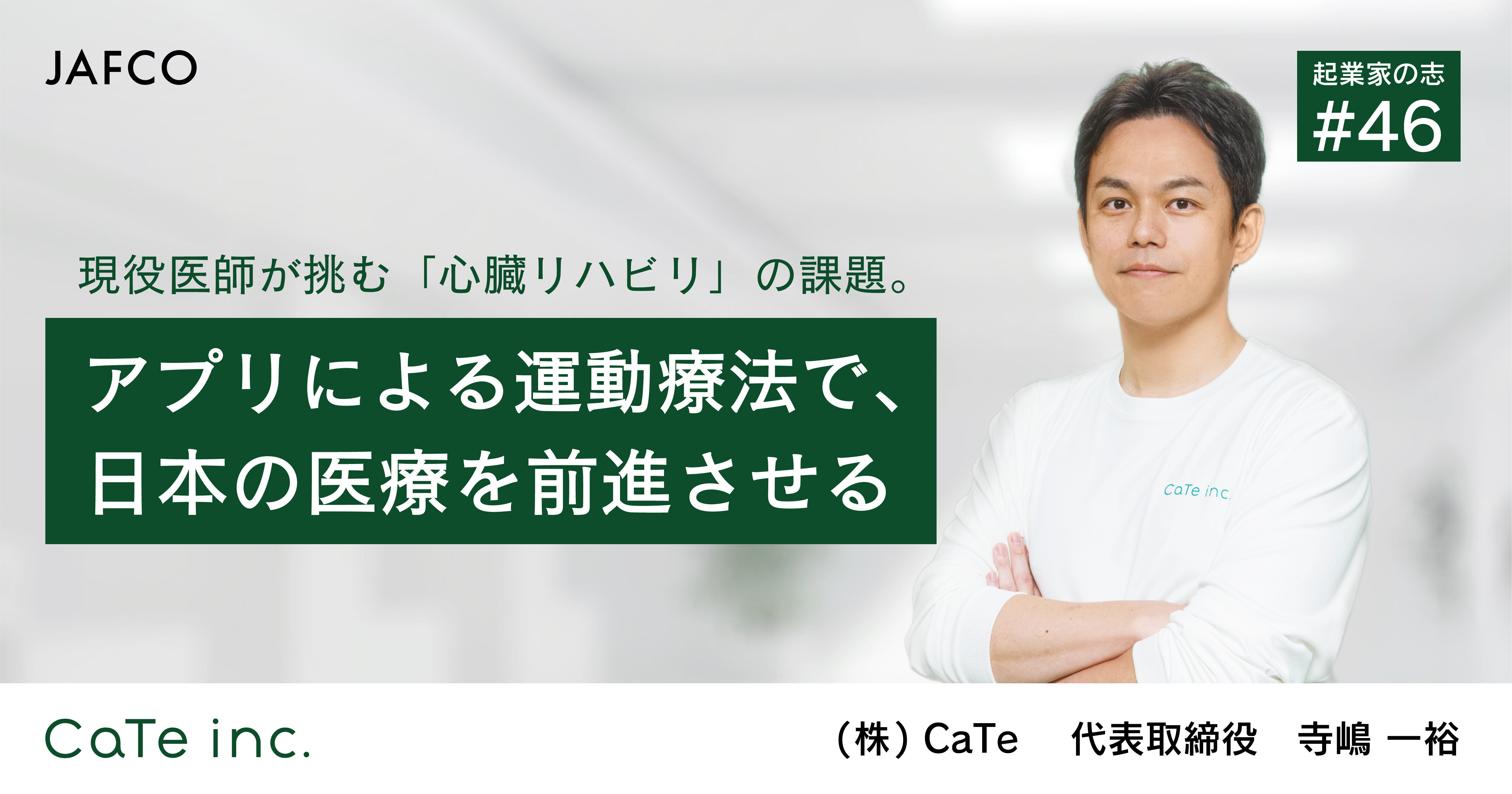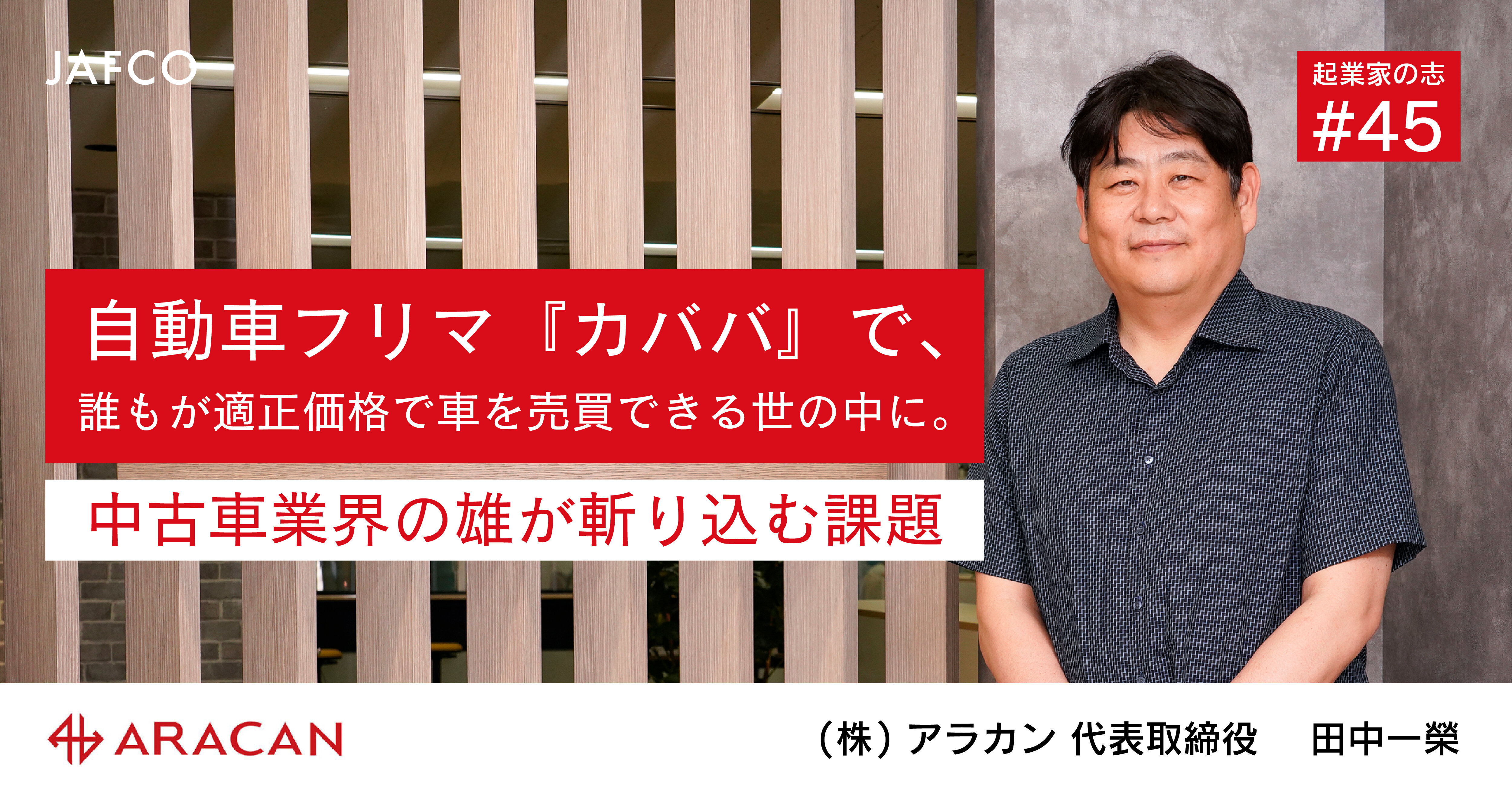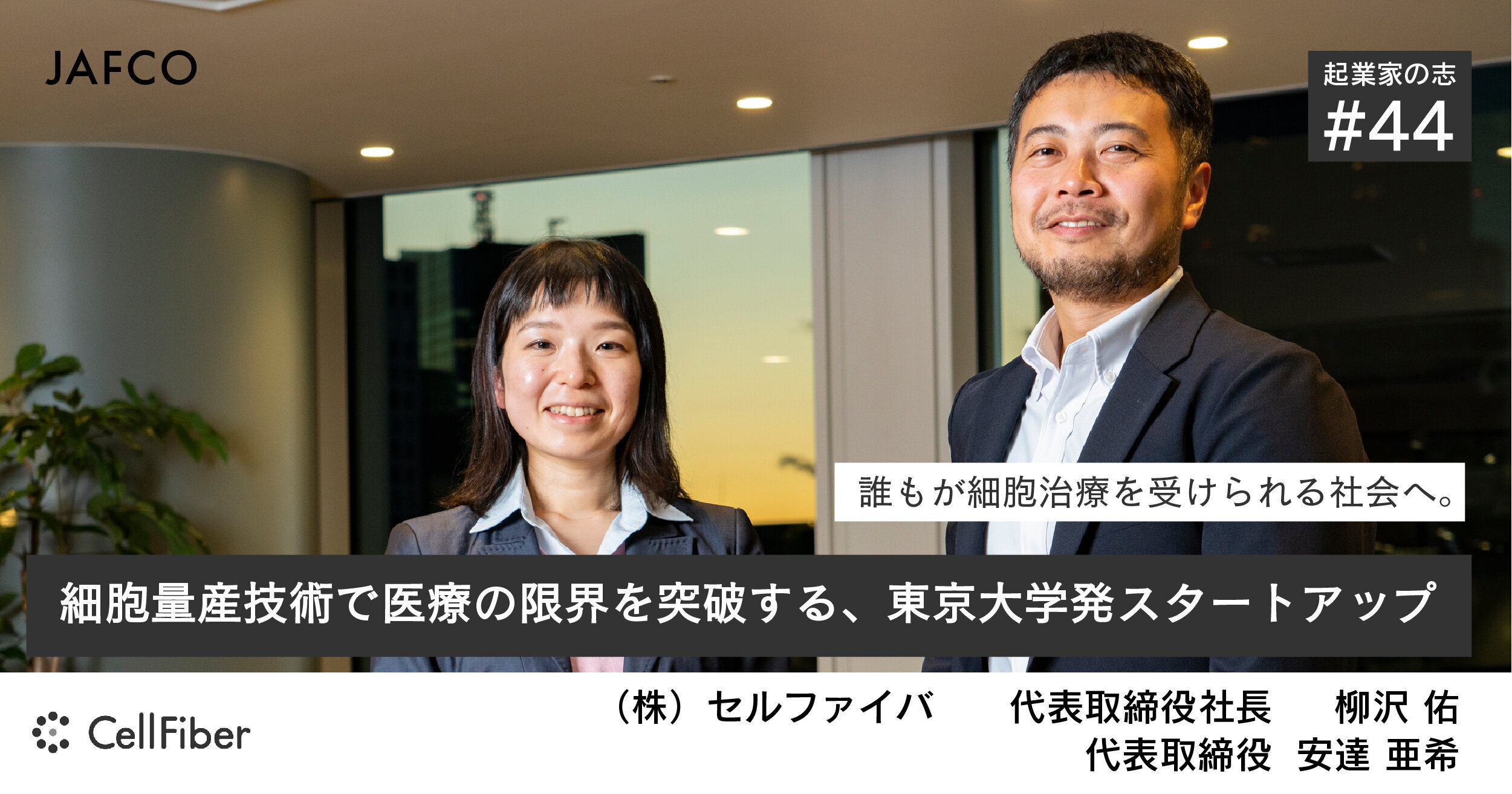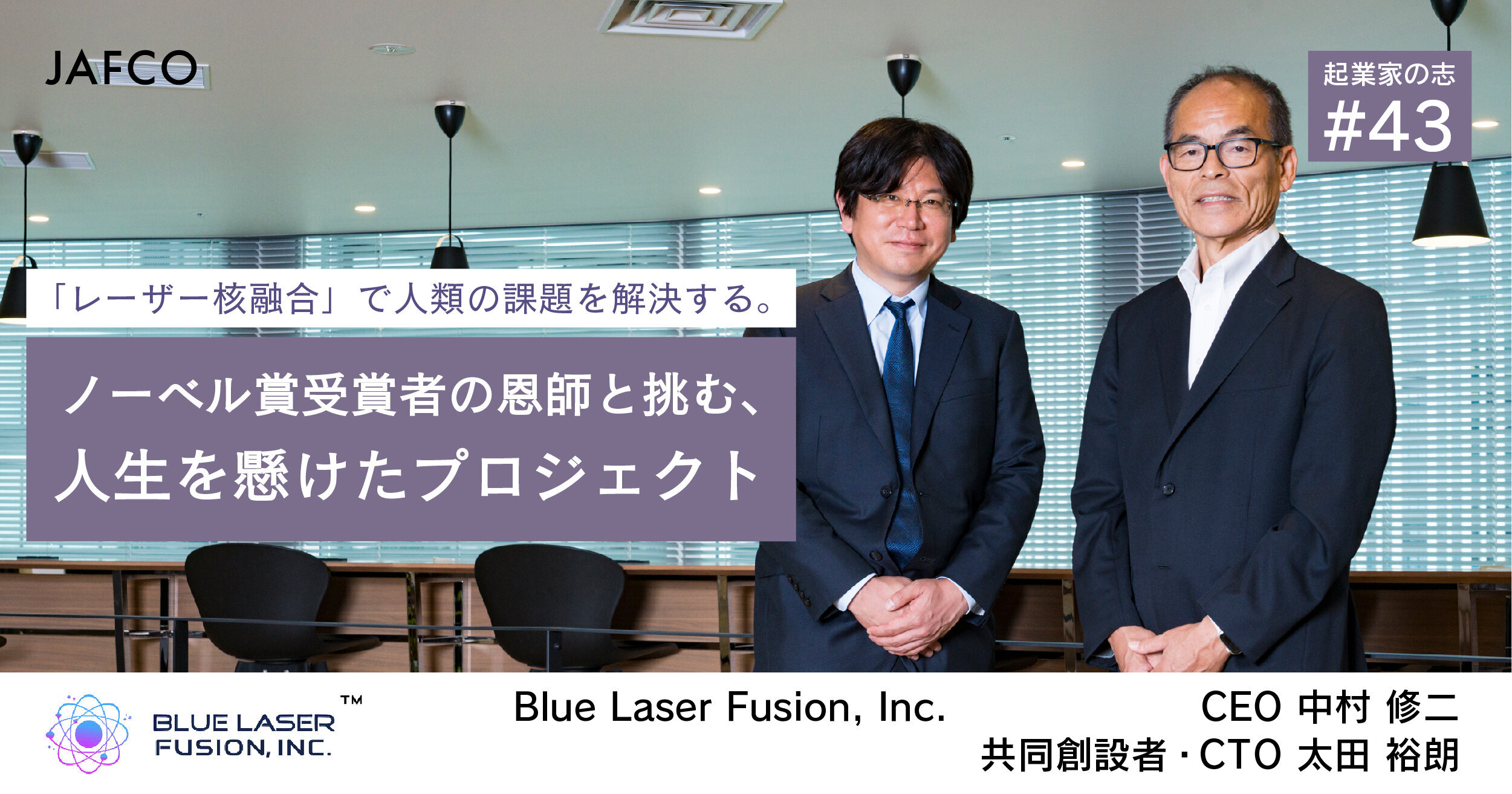"Entrepreneurial aspirations" to hear the background of deciding to start a business, the conflict until the business gets on track, and the desire to realize through the business.
In the 4th session, we interviewed Mr. Kosuke Togawa, CEO of AnyMind Group Co., Ltd.
【profile】
AnyMind Group Co., Ltd. CEO Sogo Kosuke
Born in 1987. Born in Kagawa prefecture. In 2010, joined MicroAd, Inc. as a new graduate. Participated in the launch of a subsidiary, MicroAd Plus, Inc. in April 2011. Since assuming the position of CEO of MicroAd's Vietnamese corporation in 2012, he has also been engaged in setting up bases in Singapore, the Philippines, Thailand, and Malaysia. In 2015, he became the youngest director of MicroAd headquarters. April 2016 Established AdAsia Holdings Pte. Ltd. Established AnyMind Group in January 2018. Received multiple awards such as being selected in the TOP 20 of Forbes JAPAN magazine "Japanese Entrepreneur Ranking" in 2020 and 2021 for the second consecutive year.
[What's AnyMind Group Co., Ltd.]
In April 2016, Kosuke Togawa and Otohiko Kotsumi established Ad Asia Holdings. In January 2018, the company will be made a subsidiary and AnyMind Group will be established. In recent years, AnyMind Group, which started from marketing tech, develops and provides software that supports all businesses from product planning / manufacturing to EC site construction / operation and marketing for individuals such as influencers and media / brand management companies. doing. Currently, it has 17 bases in 13 markets around the world and employs more than 750 people from 20 nationalities. So far, it has raised a total of US $ 62.3 million (about 6.86 billion yen) from LINE Corporation, Future Creation Fund, VGI, JAFCO Asia, Japan Post Capital, etc.
Longing for my grandfather, I aspired to be an entrepreneur and was attracted to the possibilities of internet business.
-What made you start thinking about starting a business?
From the time I remembered, I had a longing for an entrepreneur. I grew up in a family of business owners, and my grandfather ran a construction company locally. When I was a kid, when I went to visit my grandfather's company, my"familiar grandfather"was called "President, President" by employees. The business was steadily growing, and it was cool to see people respecting me. I also wanted to be like this.
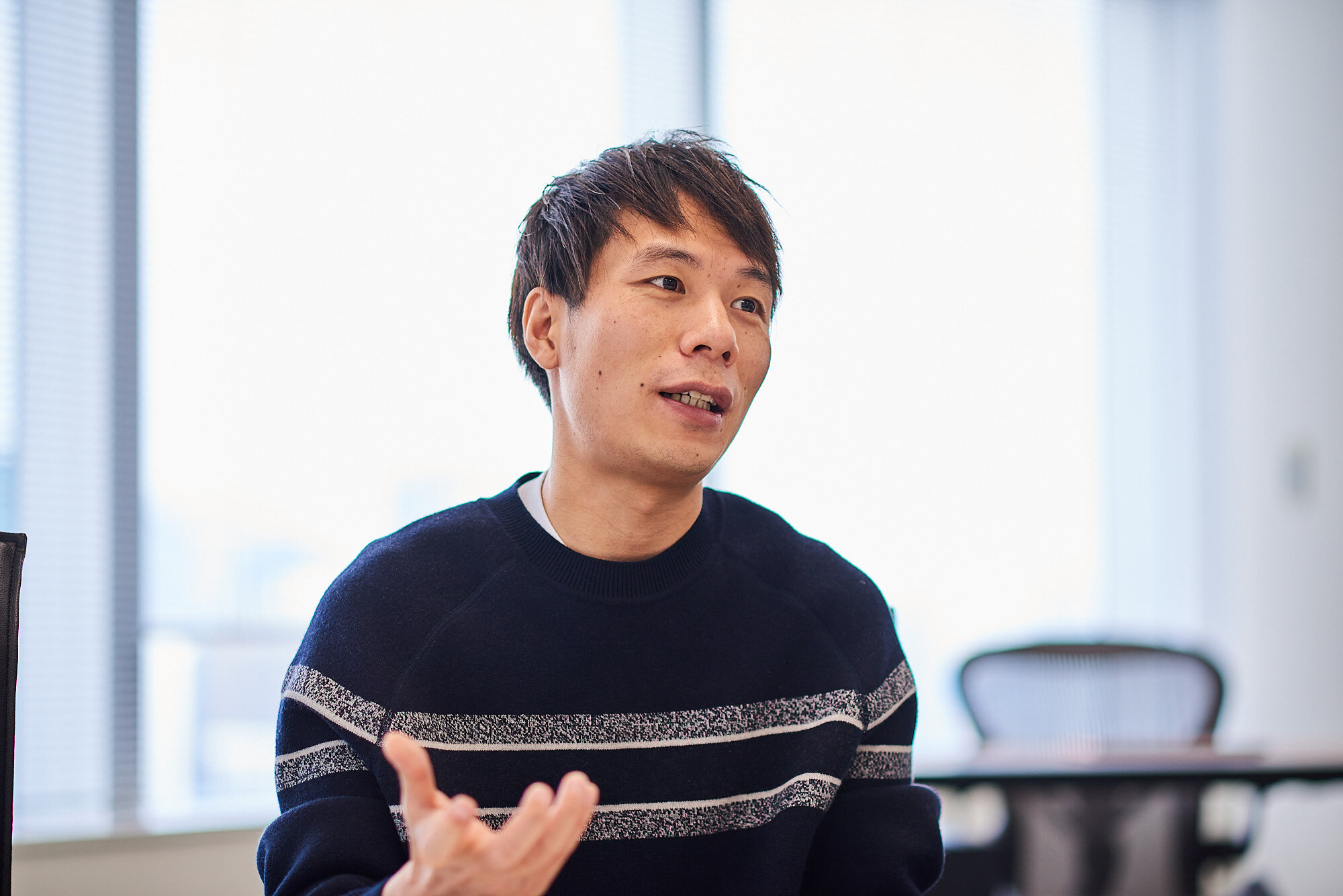
-After graduating from university, I joined MicroAd. Why did you choose to get a job instead of starting a business right away?
This is because I had to learn the advertising business to do the internet business.
When I was a student, so-called first-generation IT entrepreneurs such as Takafumi Horie, CyberAgent Susumu Fujita, and Rakuten Hiroshi Mikitani were in the limelight. If you want to start a business, it's an internet business, so I researched IT businesses all over the world and started stocks.
I wanted to learn practical business, so I experienced an internship at an application development IT venture called "30min." The app was like the Japanese version of the American location-based app "Foursquare," and it was a very interesting company for me, who felt the potential of Foursquare itself. I contacted Mr. Motoaki Tanigo, the representative (at that time), and asked him to work, and he became a mentor.
Mr. Tanigo has nothing to know about the Internet, and no matter what he asks, he will pinpoint what he wants to know from a huge amount of knowledge. Management decisions are extremely quick because they are backed by knowledge. I was impressed that I wouldn't be successful as an entrepreneur without this much input, so I decided to learn about the advertising business, which was the main pillar of the Internet business. From the time you joined MicroAd, you said, "I will start a business in the future."
―You have experienced the establishment of numerous overseas corporations at MicroAd, which led to your founding.
Originally, I had a desire to do business overseas, and my initial plan was to get results and start a business within two years of joining the company. In fact, three months after joining the company, he became a top business, and in April of the second year, he participated in the launch of a subsidiary. It was more successful than anyone else.
Then, an offer of selected personnel came in, saying, "Why don't you do it because you will leave the CEO at an overseas base?"
As promised, he became CEO of Vietnam corporation in the third year. Since then, I have been appointed as CEO at overseas corporations in Singapore, the Philippines, Thailand, and Malaysia, and have experienced the launch of overseas corporations and local businesses in each country.
―2016 A year AdAsia Holdings Did you start your business in Singapore because you felt the potential in the Asian market?
I agree. Almost all industries are growing and the population is growing steadily. Marketing tech was about to expand, so when combined with the growth of the market as a whole, there was only a tailwind. I had accumulated knowledge and information on how to grow the Internet business, so I thought that even foreigners could start it.
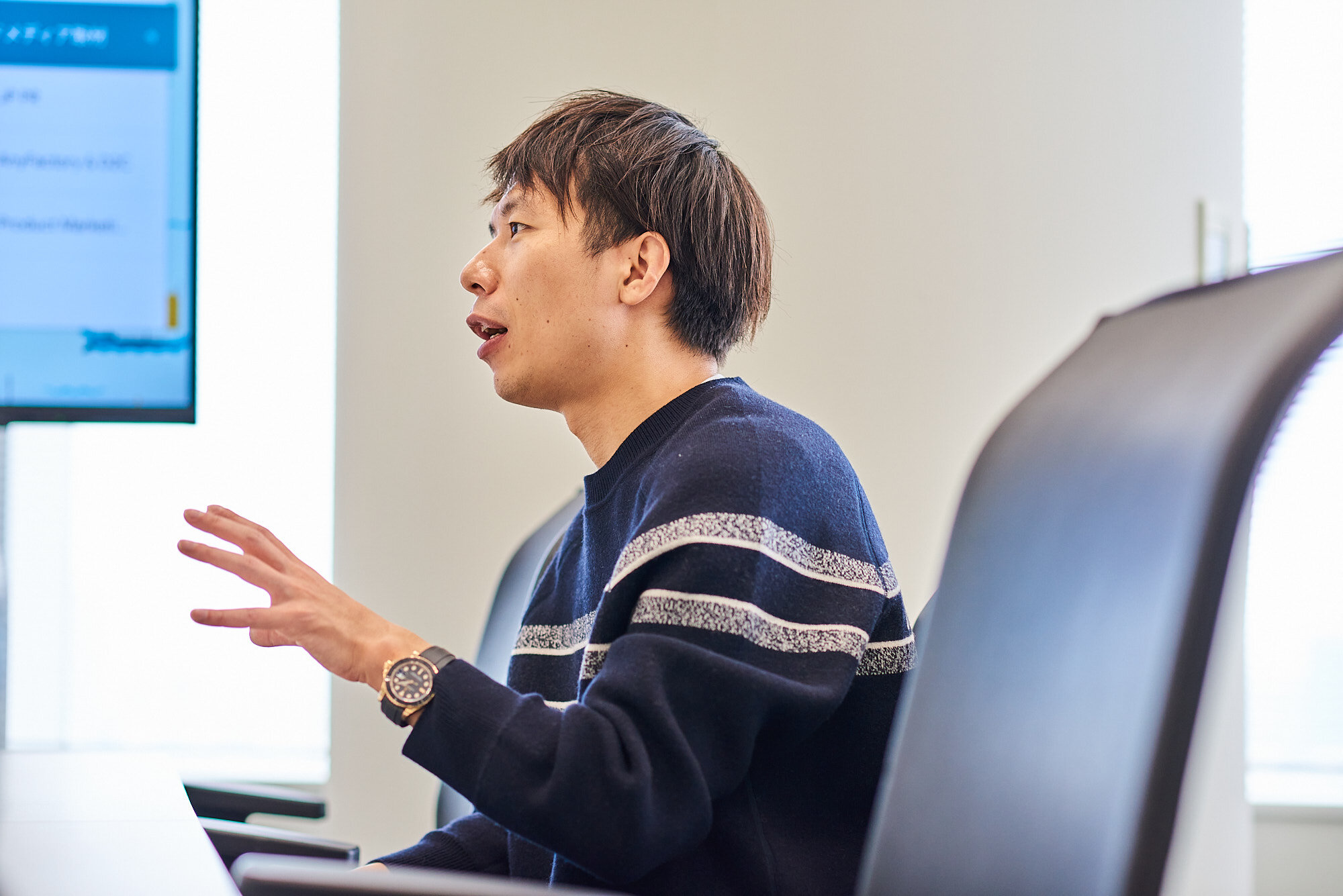
Even at MicroAd, I was in the position of CEO of an overseas corporation, but what I was doing was close to the top of the sales office. The business model and underlying products cannot be changed, and there is no right to hire engineers. It was very interesting to be in charge of all sales and marketing, but I was increasingly feeling "if there was such a product" and "if there was such a business model". I decided that I had no choice but to start a business because I wanted to take ownership of everything from business models to products.
M & A Close communication before and after has supported steady organizational expansion
-At the time of our founding, we started with marketing tech, but in recent years we have expanded our business domain to D2C (Direct to Consumer) brand incubation business, entertainment tech, and HR tech in the manufacturing field. How did you go about expanding your business?
Currently, as an enabler in the online brand business, we develop and provide software that can support everything from production to EC construction, marketing, and logistics.
Originally, I wanted to create a platform that can collectively support online product sales and brand business. However, it is difficult to proceed with software development in all areas from the time of its founding. First of all, we have built a customer base with marketing, which was our greatest strength, and expanded our business by supporting brand marketing, influencer marketing, and online media monetization.
-In a short period of four years since the company was founded, the number of overseas bases has increased to 17 in 13 countries, and the number of employees has increased to 750. We are also steadily diversifying our business through M & A. What was the difficulty as the organization stretched? How did you get over it?
With the rapid growth of the organization, there was tremendous growth pain. Since we have set up bases in each country and have been hiring people at a rapid pace, the problem of culture fit has frequently occurred.
We regard hiring as an important mission in management, and now we always collaborate on careers before joining the company. We ask each person to openly disclose their background and what they want to do after joining the company, and we also accurately convey KPIs. It is important to be aware of what kind of position changes may occur if performance does not improve.
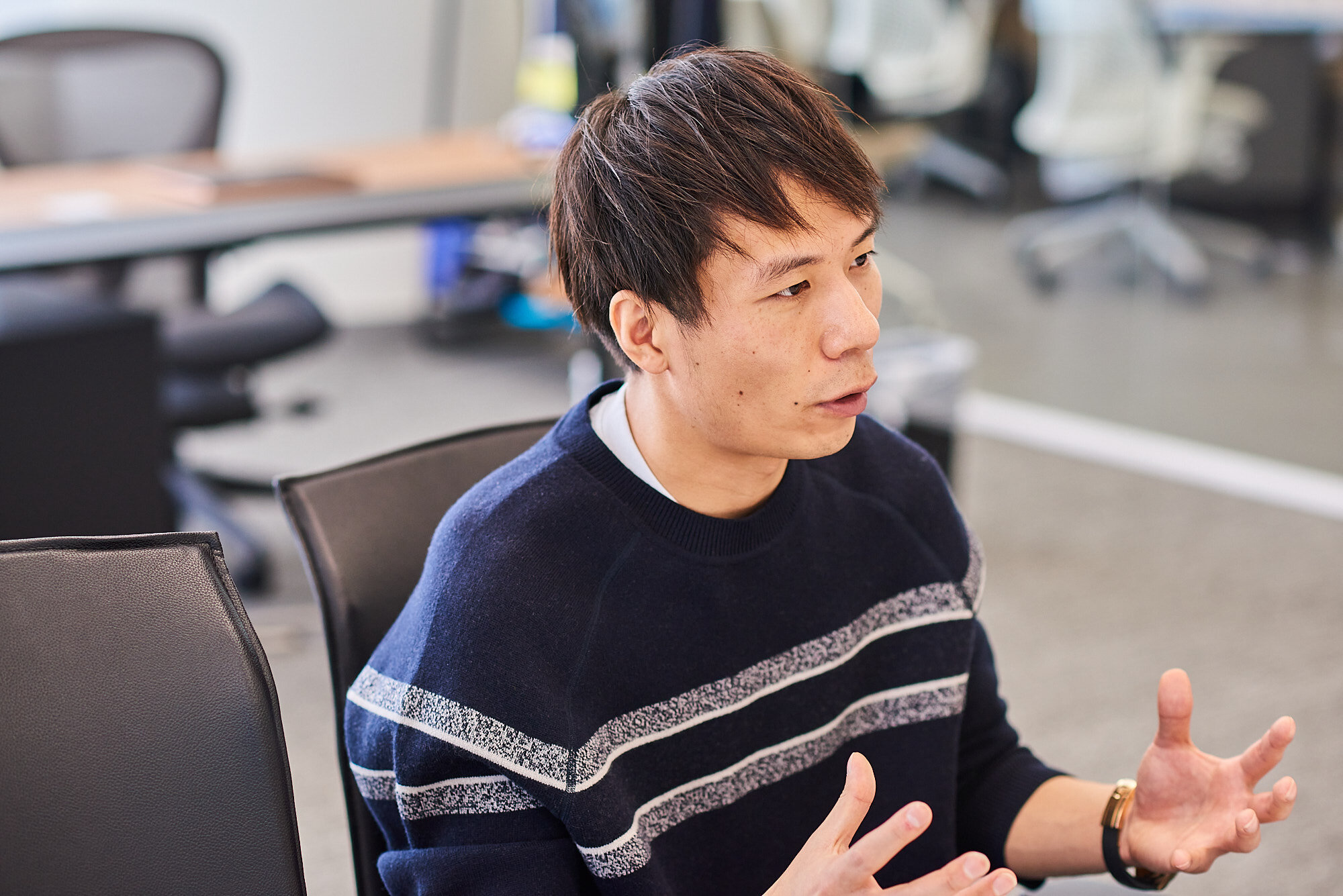
-While starting a business with Zeroichi and driving it rapidly, we will also promote management of people and organizations. How did you try to achieve both?
We have a clear division of management roles and the management team is functioning well. Therefore, I think that the expansion of the organization is going well.
The most important mission of my own management team is to start a new business and turn on the start switch at Zeroichi. The CFO provides rigorous numerical feedback, and other members are in charge of wet communication with country managers at overseas locations. Each member of the management team has a clear idea of what to do, and has a relationship of possession. I think that a management system that covers each other's areas of strength is a very important point in continuing to launch multiple bases and multiple businesses.
―Since its founding M & A To promote business expansion by 2020 In March of the year, the video advertising platform in the India / Middle East area "POKKT Made a subsidiary. We are promoting global expansion beyond Asia. Smooth M & A What do you think is the secret of
The most important issue in organizational management is the recruitment and training of managers at overseas bases. We are also actively pursuing M & A because we can hire excellent presidents.
Communication is very important, especially when hiring through M & A. Even before the deal, we have been overwhelmingly intimately collaborating with the management, eating together, knowing each other's values, communicating the world view we are aiming for in our business, and what they want to do. I hear that. When the deal is decided, we are creating a state where we can share the plan after M & A.
After that, I will not miss 1 on 1 with all the employees of the acquired company. Why did you decide on this deal in your own words? What are you expecting? We convey all the synergies we have and how we want to grow by collaborating. We also hear about the careers that each employee wants to take and discuss where to find contact points. The accumulation of such muddy dialogues is the most important thing for organizations with different cultures to come together.
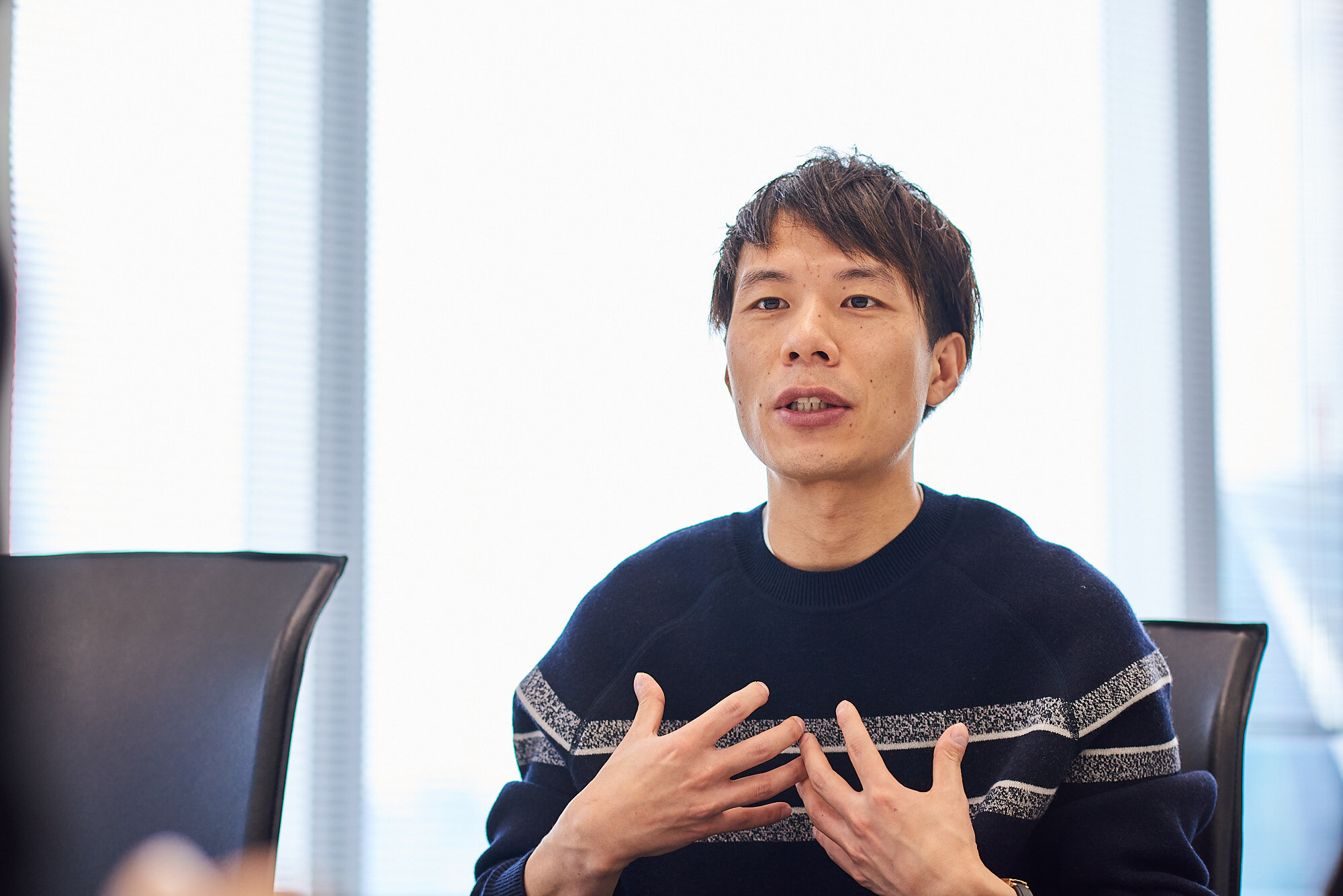
-Do you learn what you should do as an entrepreneur from your experience of failure? What is the compass for Togawa-sama when deciding what to do?
I value the input from the book very much.
When I did M & A for the first time, I read a book about M & A. I read the failure stories of my predecessors and faithfully practiced what I should do, and it worked. Since then, we have continued to carry out M & A of foreign-affiliated companies.
There are always more than 50 business books on the Kindle on my smartphone, and the one that influenced me the most was "Alibial: The House That Jack Ma Built" (by Duncan Clark). It's a book about how Alibaba has become a giant company and what Jack Ma thinks about it.
Singapore has the advantage of being accessible from Asian countries, and also has the advantage of taxation. At the time of our founding, we read all the tax books and took into consideration the risks and benefits in a short period of time. Then I read Alibaba's book and found that it was the most rational to imitate Alibaba's tax scheme.
Books are always meant to supplement what you lack at the moment. Since it is an input for determining specific output, what you learned in the book will be put into practice one after another by imitating the appearance. There are many entrepreneurial pioneers out there who have put together a book on how to solve their mistakes and troubles. The more you learn and imitate, the higher your chances of success. I go to absorb the knowledge of the area with a sense of task and purpose, so I can read it all at once.
Now with a credible investor's stance of full affirmation and accurate advice
―In April 2017 you received approximately 1.36 billion yen in funding from JAFCO Asia. What made you start thinking about financing?
Originally I didn't want to raise money. I was told about investment one month after the company was founded, but at that time the product wasn't in shape and I couldn't see the future. I thought it wasn't now.
However, Mr. Shibusawa (Executive Director) of JAFCO contacted me many times and said, "I want to invest in myself." I was surprised at the depth of the bosom that presented the figure of 1.36 billion yen without hesitation.
With that amount of money, we can accelerate global expansion and promote M & A. The name may increase and the number of customers may increase. Speed is very important as long as you are in the internet business, and competition is coming up one after another, especially in Southeast Asia. I have come to think that the first-mover advantage should definitely be taken, and that it is important to raise a large amount of money in order to increase the options. The truth is that I was attracted to Mr. Shibusawa's "human power" and received funding.
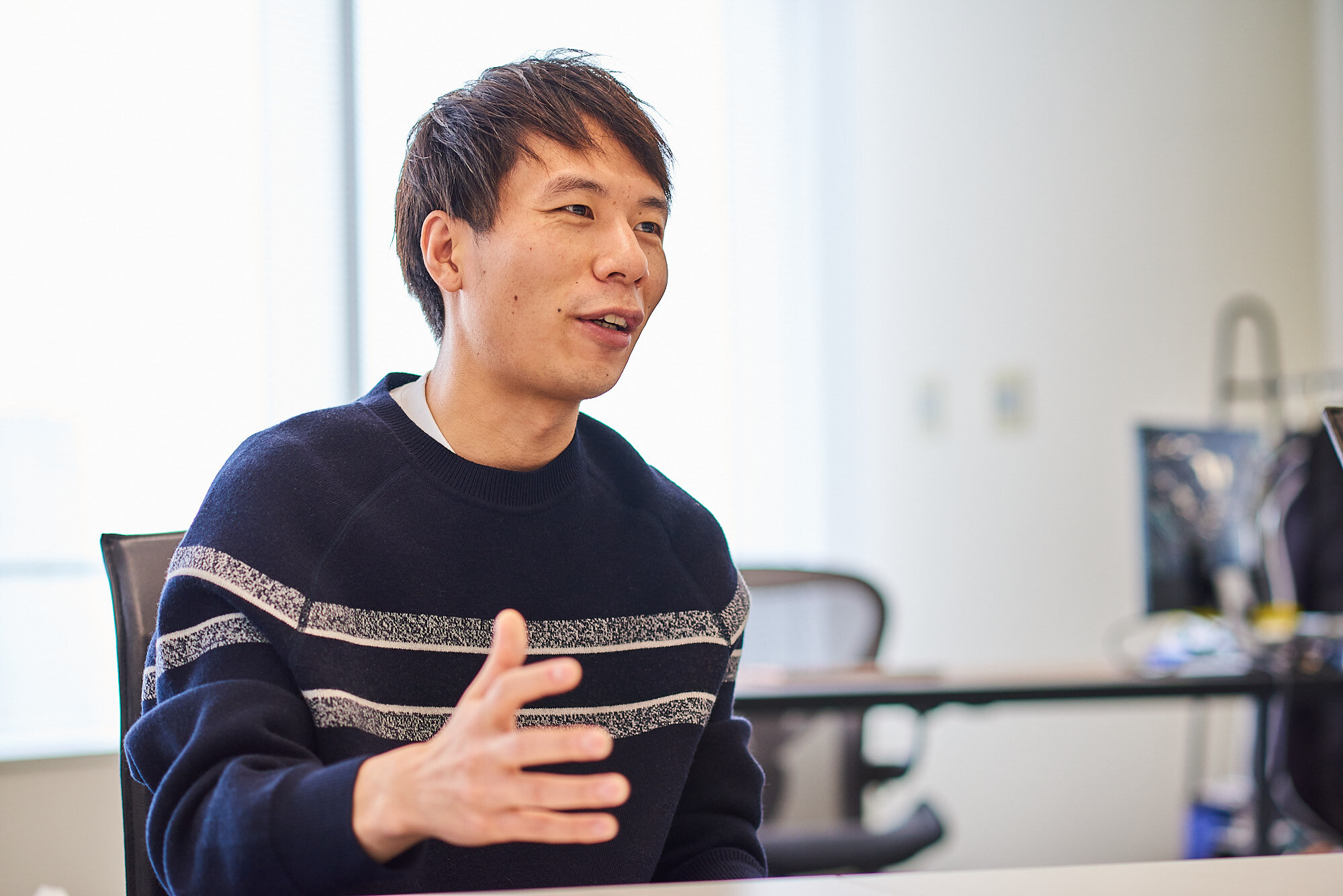
-What kind of influence did Mr. Shibusawa have on your business expansion?
Mr. Shibusawa was saved by his morale and sense of security with a fully affirmative stance, "I believe in Mr. Togawa, so I want you to take on the challenge." When it comes to finance-related deals such as M & A, we receive very accurate advice, and when the acquisition price is uncertain in the first M & A (For M), we should definitely proceed with the deal even if we add (amount). That's right. "
As a result, the project was a great success, and the M & A of the second, third, and fourth companies proceeded. If I had stumbled on the first company, I wouldn't have done so much M & A when it was unlisted. At key points, the timing of hands-on entry was exquisite, such as attending an interview with the manager of the M & A and giving an opinion.
Many of the shareholders I have a relationship with are introduced by Mr. Shibusawa, and I haven't had any difficulty in raising funds. It's a company that JAFCO's Shibusawa noticed, and that alone makes the"Shibusawa Deal"(laughs). We have a wide network in Asia, and we have various companies connected. I was really fortunate to meet a respectable investor in the second half of my founding.
-Please tell us about your future business development.
In D 2 C (Direct-to-Consumer) and brand businesses, product cycles are becoming shorter and shorter, and the products themselves are diversifying. The trend of individuals creating their own original brands and becoming influencers will continue to accelerate in the future.
AnyMind Group wants to support the activities of individuals who want to own a brand and provide an easy-to-use platform. I want to accelerate the creation of a system that makes it easy from production to sales.
Asia has a high level as a production base for manufacturing. As a business in Asia, we can build a production network that takes advantage of the strengths of the area and place orders via the platform. We can provide a low-priced, high-quality manufacturing system for small lots not only to companies but also to individuals. Since EC construction and marketing support are areas that we have originally come from, I would like to lead the global market while providing production, EC, marketing, and sales.
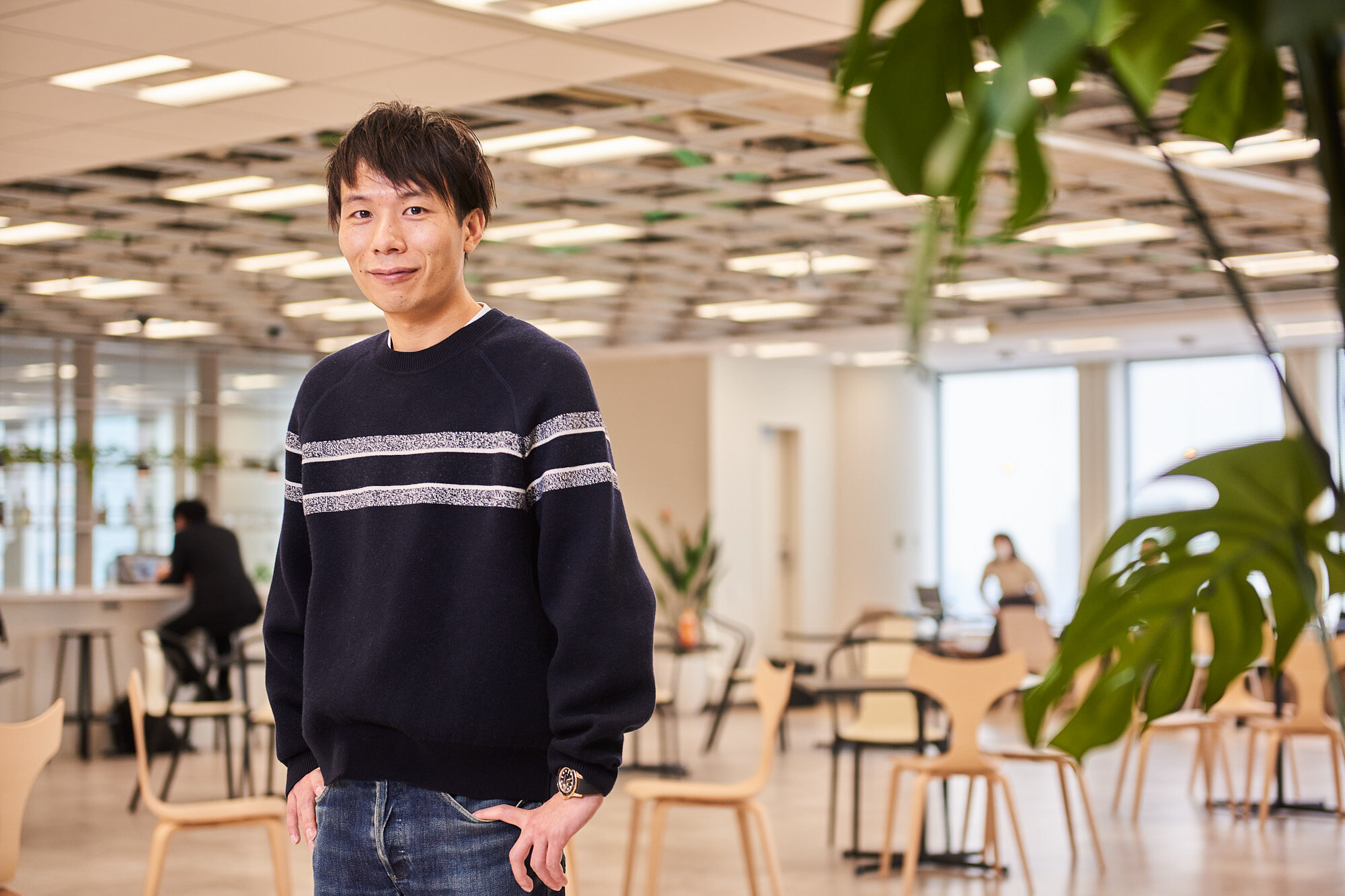
-Finally, do you have a message for those who want to become entrepreneurs and young entrepreneurs?
I think it's the choice of partner that you shouldn't compromise on. The same is true for colleagues who work with us, and I would like you to take good care of the perspective of whether investors can be trusted humanly. Regardless of how the business or business format changes, I believe that the connection between people will ultimately be the source of support for me.

